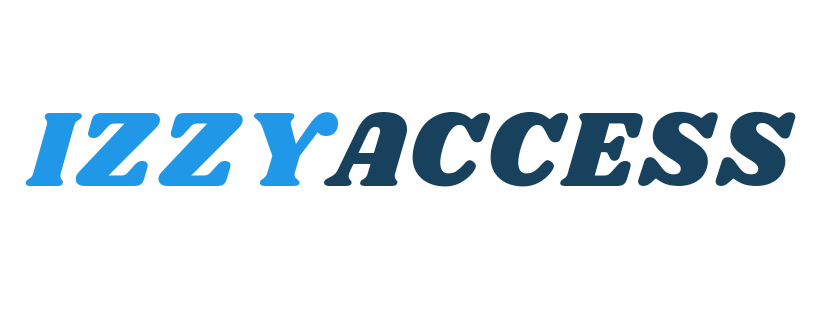Title: The Vital Role of Censorship in Today's Digital Landscape: Unveiling Its Importance in Social Media and Beyond
In an era dominated by digital communication and social media, the topic of censorship has become increasingly contentious. With the rapid dissemination of information and the proliferation of diverse voices, the need for censorship is a subject of debate.
However, amidst the cacophony of opinions, one cannot overlook the crucial role that censorship plays in safeguarding societal values, protecting vulnerable populations, and maintaining order in the digital sphere.
Why Censorship?
Censorship, at its core, is the regulation or suppression of speech, media, or other forms of expression deemed objectionable, harmful, or offensive. While some argue that censorship stifles freedom of speech and expression, it is essential to recognize that unchecked freedom can lead to chaos and harm.
In a world where misinformation spreads like wildfire and hate speech proliferates online platforms, censorship acts as a necessary safeguard against the dissemination of harmful content.
Why Censorship is Important
1. Protection of Vulnerable Populations:
Censorship serves as a shield to protect vulnerable populations, including children, minorities, and marginalized communities, from exposure to explicit or harmful content.
In the age of social media, where anyone can publish content with minimal oversight, censorship becomes indispensable in ensuring the well-being and safety of individuals, particularly those who are most susceptible to exploitation or harm.
2. Preservation of Societal Values:
Censorship plays a pivotal role in upholding societal values and norms by curbing the dissemination of content that promotes violence, hate speech, or discrimination.
By censoring such content, societies can foster inclusivity, tolerance, and respect for diversity, thereby creating a more cohesive and harmonious social fabric.
3. Prevention of Misinformation:
With the proliferation of fake news and misinformation on social media platforms, censorship becomes paramount in safeguarding the integrity of information and preserving public trust.
By implementing measures to detect and remove false or misleading content, censorship helps mitigate the spread of rumors, conspiracy theories, and propaganda, thereby promoting informed decision-making and democratic discourse.
4. Protection of Privacy and Security:
Censorship also plays a crucial role in safeguarding individual privacy and national security interests.
By regulating the dissemination of sensitive or classified information, governments can prevent the unauthorized disclosure of state secrets, protect critical infrastructure, and mitigate cybersecurity threats posed by malicious actors.
Why Censorship is Important in Social Media
In the realm of social media, where billions of users engage in online communication and interaction, the importance of censorship cannot be overstated.
Here's why censorship is particularly vital in the context of social media platforms:
1. Mitigation of Harmful Content:
Social media platforms serve as conduits for the dissemination of diverse content, ranging from informative to inflammatory.
Censorship mechanisms, such as content moderation policies and community guidelines, are essential for identifying and removing harmful content, including hate speech, cyberbullying, and graphic violence, to ensure a safe and conducive online environment for users.
2. Protection of User Experience:
Censorship in social media is not solely about restricting content; it's also about enhancing the overall user experience.
By filtering out spam, fake accounts, and low-quality content, social media platforms can improve the relevance and authenticity of users' feeds, fostering a more engaging and enjoyable experience for everyone.
3. Promotion of Civil Discourse:
Censorship plays a crucial role in promoting civil discourse and constructive dialogue on social media platforms.
By moderating discussions and enforcing rules against harassment, trolling, and incitement to violence, platforms can facilitate meaningful exchanges of ideas and opinions, fostering a culture of respect, empathy, and mutual understanding among users.
4. Compliance with Legal and Regulatory Requirements:
In an increasingly regulated digital landscape, social media platforms must adhere to legal and regulatory requirements governing content moderation, data privacy, and user rights.
Censorship measures are essential for ensuring compliance with these regulations and mitigating the risk of legal liabilities, fines, or sanctions imposed by regulatory authorities.
In conclusion, while the concept of censorship may evoke mixed reactions, its importance in today's digital landscape cannot be denied.
From safeguarding vulnerable populations to preserving societal values and promoting a safe and inclusive online environment, censorship plays a multifaceted role in shaping the dynamics of communication and expression in the digital age.
By embracing responsible and transparent censorship practices, societies and social media platforms can strike a delicate balance between freedom of speech and the protection of individual rights and collective well-being.



0 Comments
Leave a reply